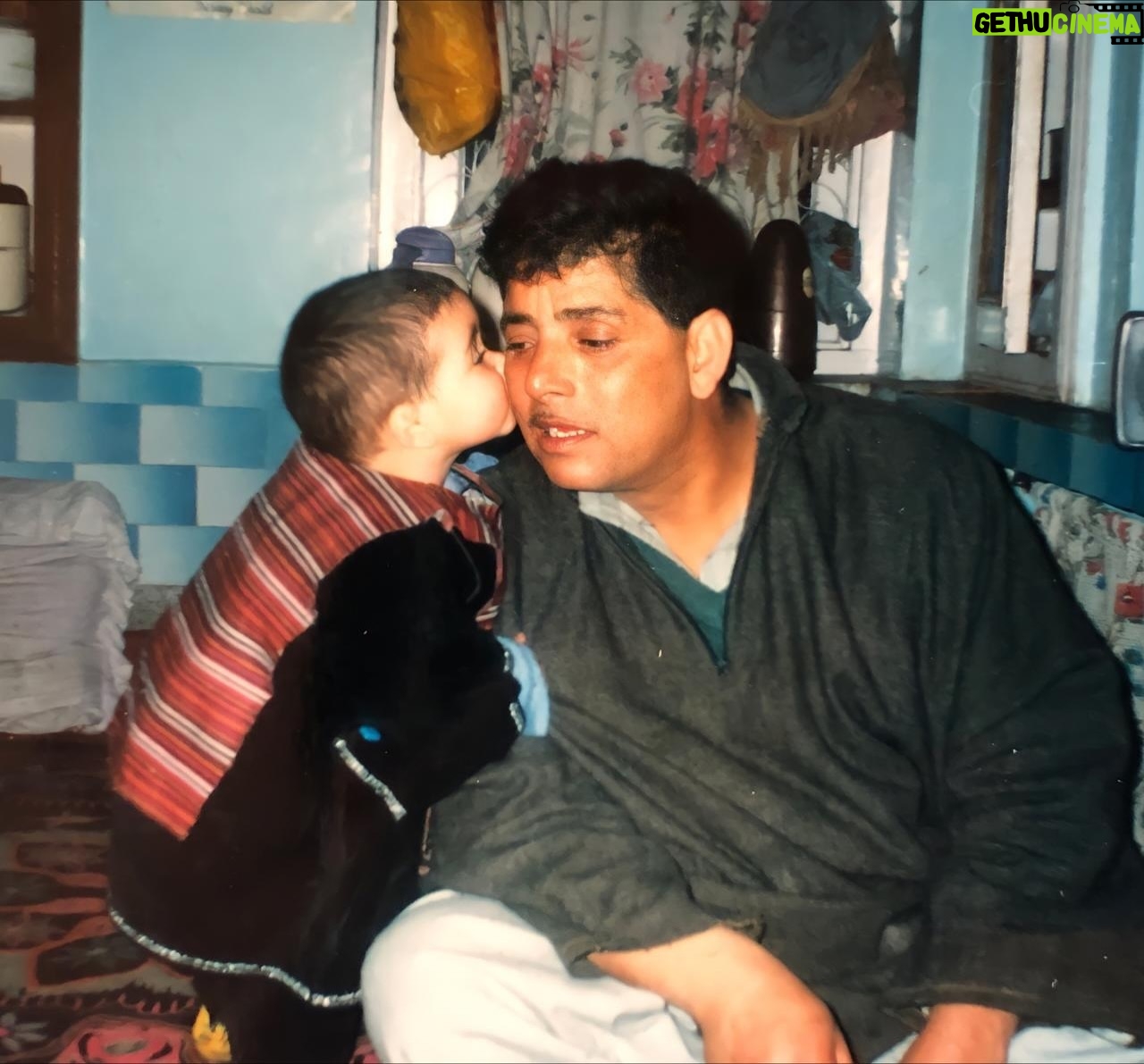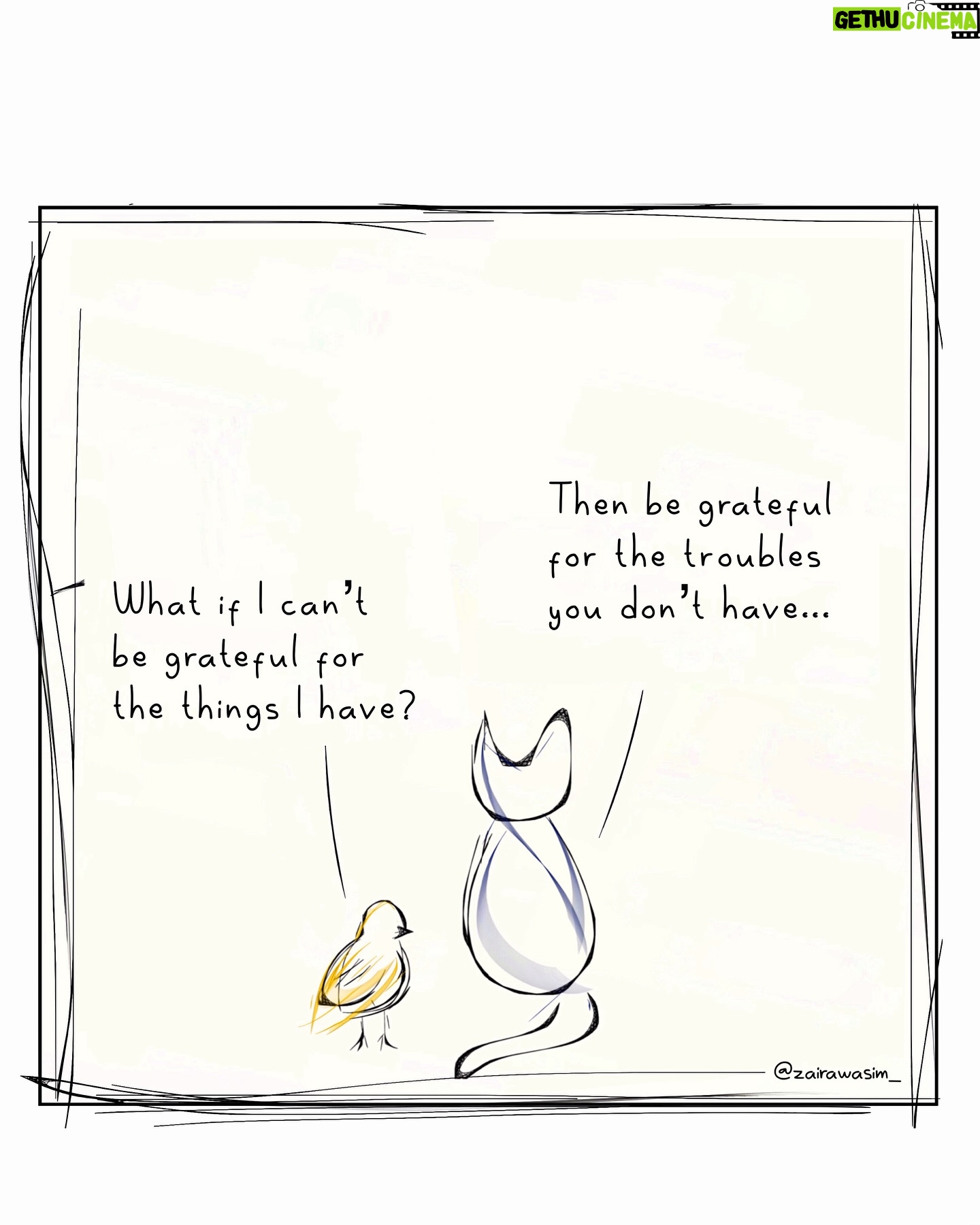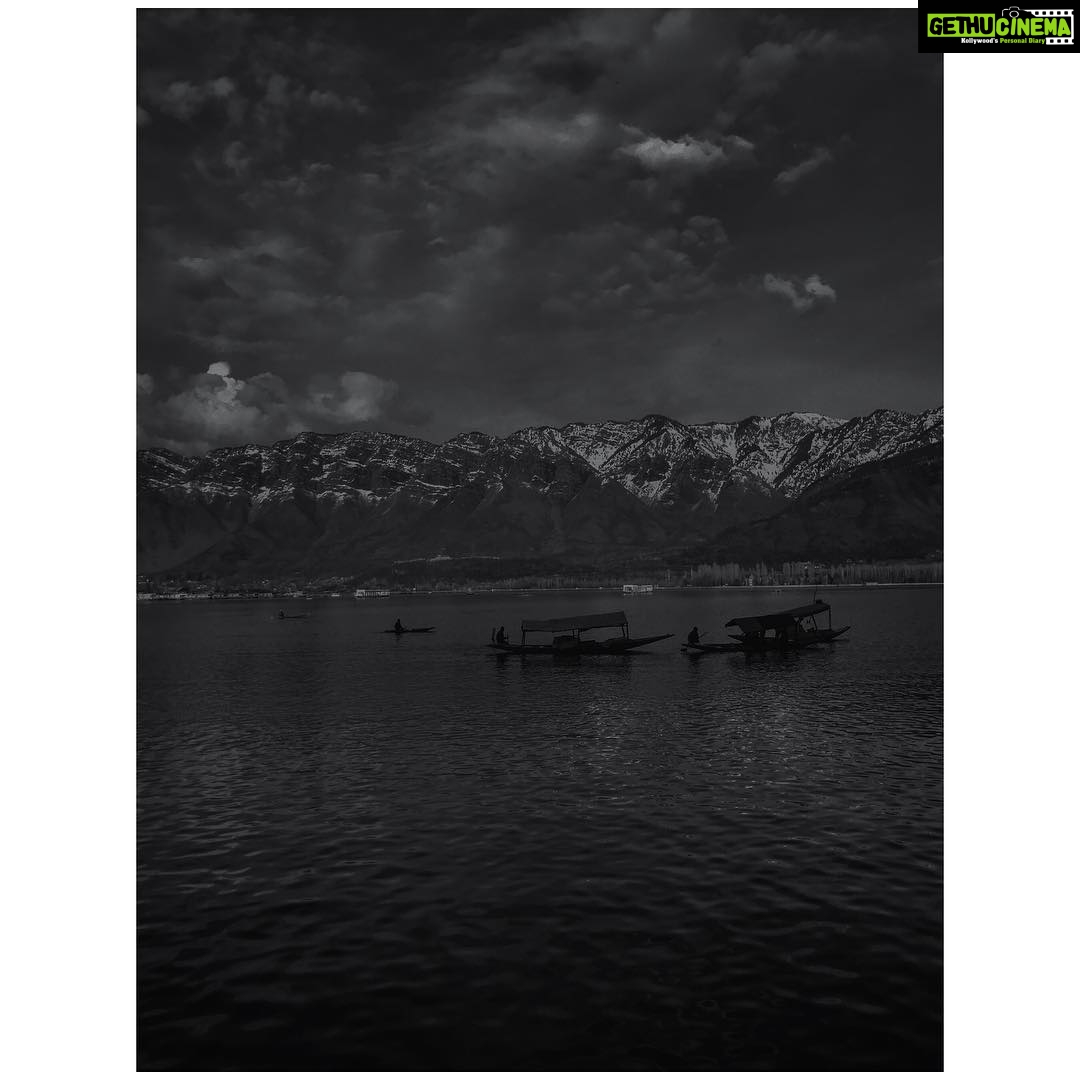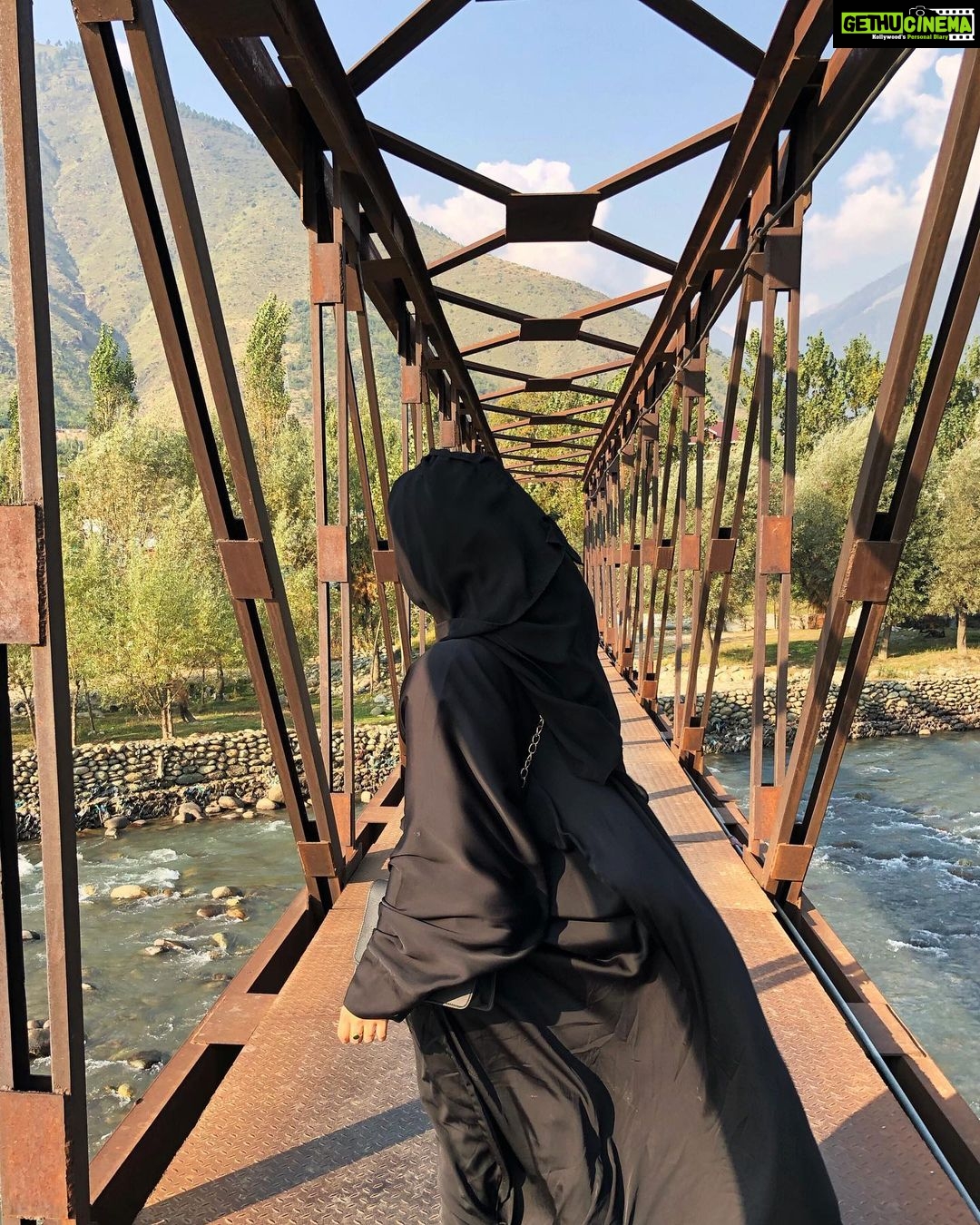Zaira Wasim Instagram – “Surah Al-Fatihah”
This Surah is called Al-Fatihah, that is, the Opener of the Book, the Surah with which prayers are begun. It is also called, Umm Al-Kitab (the Mother of the Book), because the Qur’an starts with it and because the prayer is started by reciting it.
It was also said that it is called Umm Al-Kitab, because it contains the meanings of the entire Qur’an. Every Salāh is incomplete without it’s recitation as Muslim recorded that Abu Hurayrah said that the Prophet (Peace Be Upon Him) said, “Whoever performs any prayer in which he did not read Umm Al-Qur’an, then his prayer is incomplete” & he said it thrice.
The honorable Surah Al-Fatihah contains seven Ayāt (verses) including the praise and thanks of Allah, glorifying Him and praising Him by mentioning His most Beautiful Names and most high Attributes.
It also mentions the Hereafter, which is the Day of Resurrection, and directs Allah’s servants to ask of Him, invoking Him and declaring that all power and strength comes from Him. It also calls to the sincerity of the worship of Allah alone, singling Him out in His divinity, believing in His perfection, being free from the need of any partners, having no rivals nor equals.
Al-Fatihah directs the believers to invoke Allah to guide them to the straight path, which is the true religion, and to help them remain on that path in this life, and to pass over the actual Sirat (bridge over hell that everyone must pass over) on the Day of Judgment. On that Day, the believers will be directed to the gardens of comfort in the company of the Prophets, the truthful ones, the martyrs and the righteous.
Al-Fatihah also encourages performing good deeds, so that the believers will be in the company of the good-doers on the Day of Resurrection. The Surah also warns against following the paths of misguidance, so that one does not end up being gathered with those who indulge in sin, on the Day of Resurrection, including those who have earned the anger and those who were led astray. [Excerpt from Tafseer Ibn Kathir]
Quran recitation by Qāri Mishary Rashid Alafasy | Posted on 05/Feb/2020 14:47:34

![Zaira Wasim Instagram - “Surah Al-Fatihah” This Surah is called Al-Fatihah, that is, the Opener of the Book, the Surah with which prayers are begun. It is also called, Umm Al-Kitab (the Mother of the Book), because the Qur'an starts with it and because the prayer is started by reciting it. It was also said that it is called Umm Al-Kitab, because it contains the meanings of the entire Qur'an. Every Salāh is incomplete without it’s recitation as Muslim recorded that Abu Hurayrah said that the Prophet (Peace Be Upon Him) said, “Whoever performs any prayer in which he did not read Umm Al-Qur'an, then his prayer is incomplete” & he said it thrice. The honorable Surah Al-Fatihah contains seven Ayāt (verses) including the praise and thanks of Allah, glorifying Him and praising Him by mentioning His most Beautiful Names and most high Attributes. It also mentions the Hereafter, which is the Day of Resurrection, and directs Allah's servants to ask of Him, invoking Him and declaring that all power and strength comes from Him. It also calls to the sincerity of the worship of Allah alone, singling Him out in His divinity, believing in His perfection, being free from the need of any partners, having no rivals nor equals. Al-Fatihah directs the believers to invoke Allah to guide them to the straight path, which is the true religion, and to help them remain on that path in this life, and to pass over the actual Sirat (bridge over hell that everyone must pass over) on the Day of Judgment. On that Day, the believers will be directed to the gardens of comfort in the company of the Prophets, the truthful ones, the martyrs and the righteous. Al-Fatihah also encourages performing good deeds, so that the believers will be in the company of the good-doers on the Day of Resurrection. The Surah also warns against following the paths of misguidance, so that one does not end up being gathered with those who indulge in sin, on the Day of Resurrection, including those who have earned the anger and those who were led astray. [Excerpt from Tafseer Ibn Kathir] Quran recitation by Qāri Mishary Rashid Alafasy](https://www.gethucinema.com/wp-content/uploads/2021/12/ZairaWasim-115.jpg)
![Zaira Wasim Instagram – Say: O my servants! who have acted extravagantly against their own souls, do not despair of the mercy of Allah; surely Allah forgives the faults altogether; surely He is the Forgiving the Merciful.
-Quran; 39:53
[Surah Az-Zumar, V: 53]](https://www.gethucinema.com/wp-content/uploads/2021/12/ZairaWasim-114-150x150.jpg)




